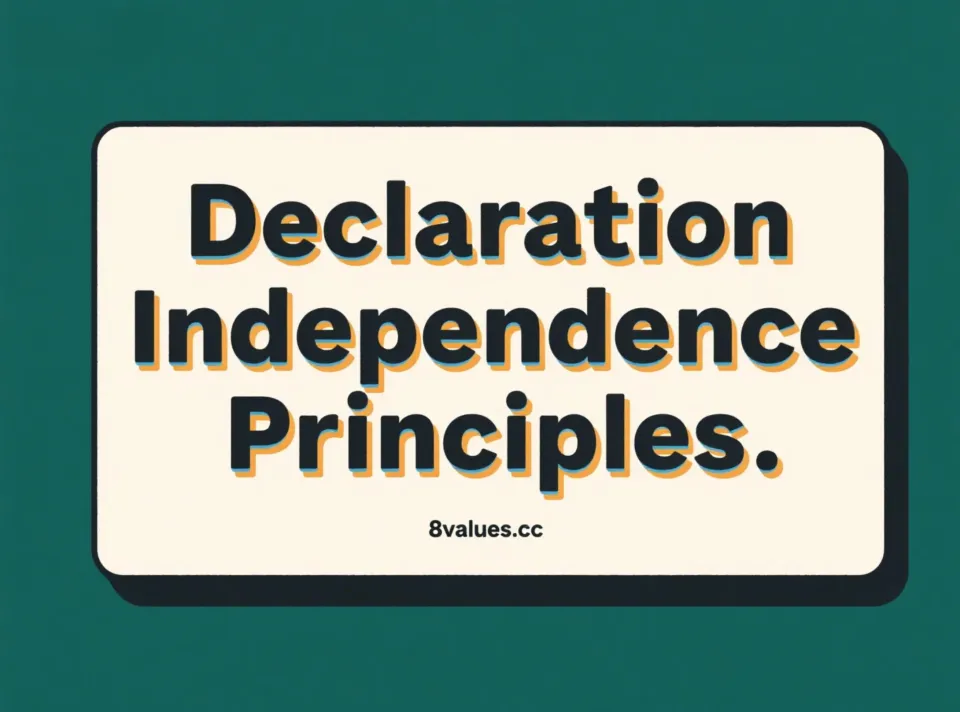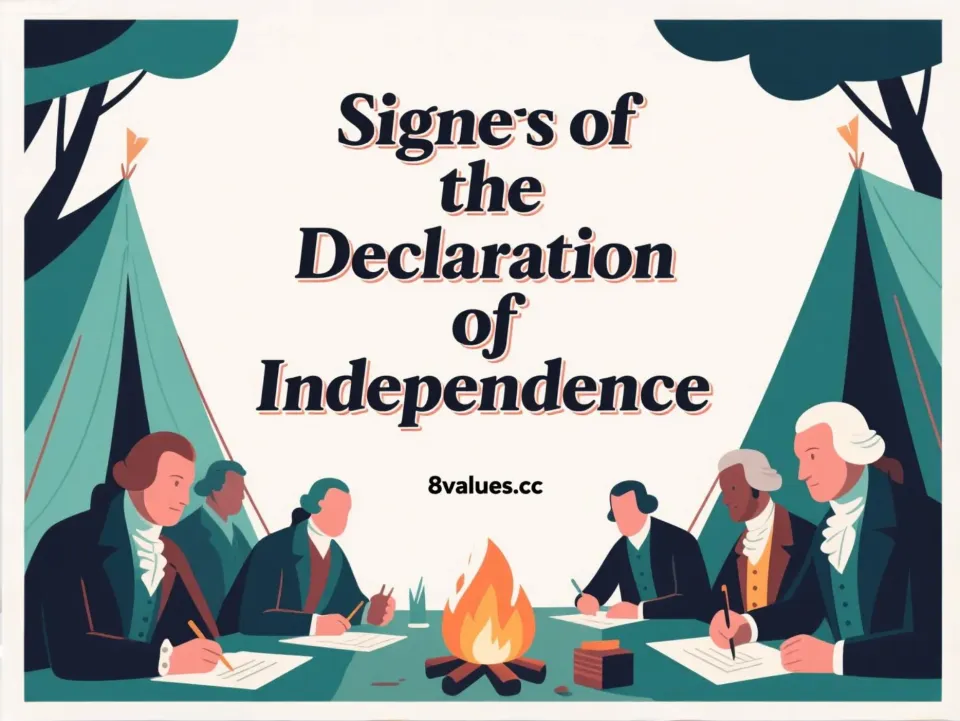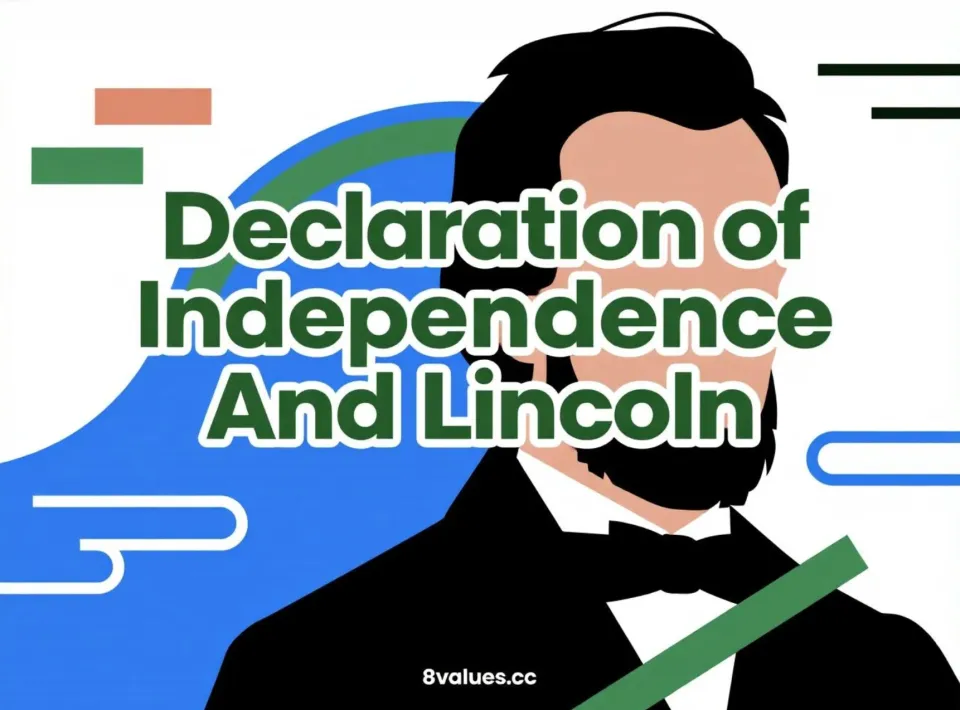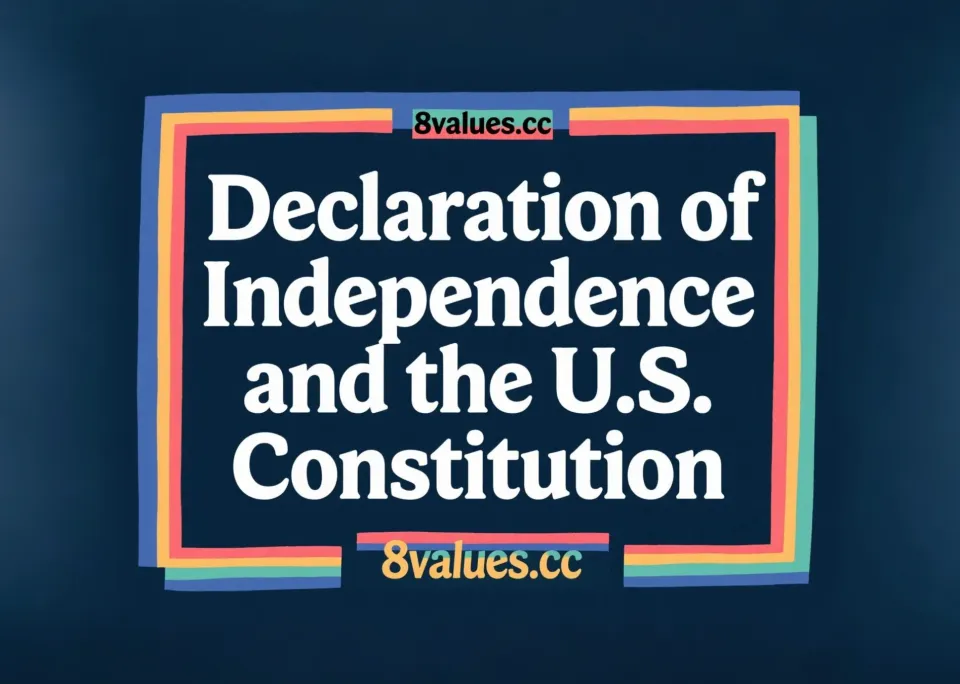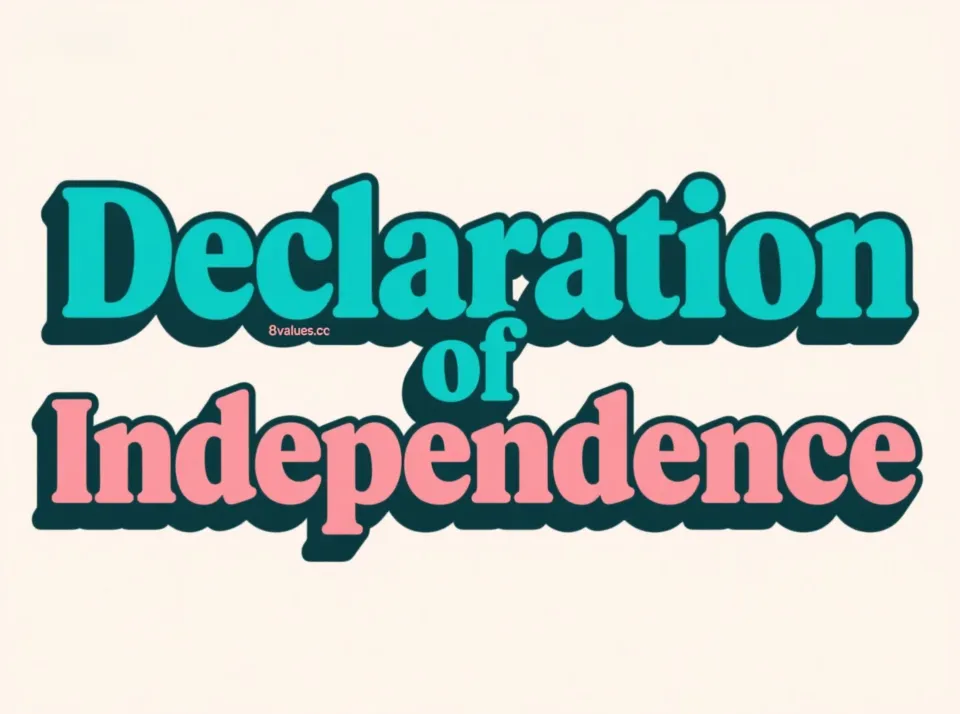
The full text of the Declaration of Independence (July 4, 1776)
The Declaration of Independence is a document drafted by Thomas Jefferson on 4 July 1776 and signed by representatives of 13 other colonies. It is the document of the thirteen British colonies in North America to declare the independence of the Kingdom of Great Britain.

